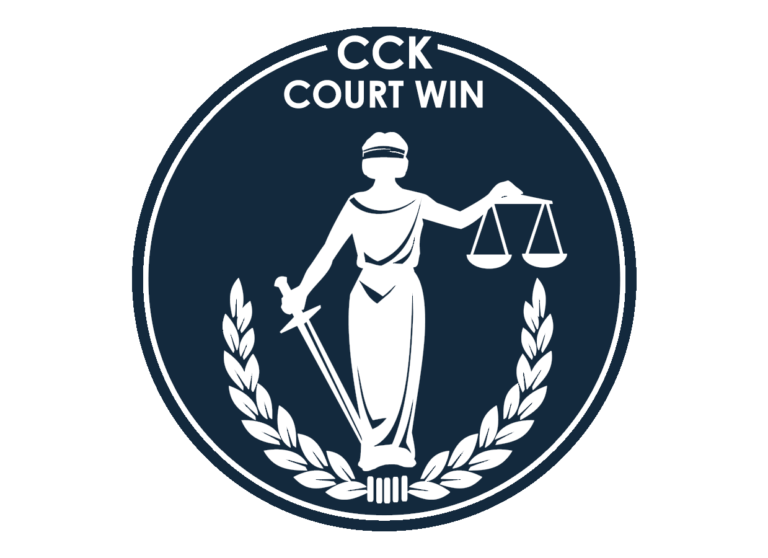Board Erred in Denying Service Connection for Veteran’s Psychiatric Condition and Seizure Disorder

Veteran seeks service connection for psychiatric condition and seizure disorder, Board denies
The Veteran served honorably in the United States Army from January 1979 to June 1980. He initially applied for service-connected compensation for a psychiatric condition and seizure disorder in December of 2008. In his claim, the Veteran stated that while on active duty he was seen by a psychiatrist who diagnosed him with anxiety and recommended discharge from service. Subsequently, in March of 2009, the Veteran submitted a statement again explaining that he had undergone psychiatric treatment during active service and before separation was diagnosed with an anxiety disorder. However, in July of 2010, the Veteran’s claims were denied. He continued to appeal to the Board of Veterans’ Appeals.
On September 14, 2017, the Board issued a decision that denied entitlement to service connection for a psychiatric condition and seizure disorder. In its decision, the Board found that the Veteran’s record did not reveal that he has ever been diagnosed with a seizure disorder. In terms of the Veteran’s psychiatric condition, the Board relied on a June 2011 VA examiner’s conclusion that he had not been diagnosed with a mental health disorder in service.
CCK appeals to the CAVC
CCK successfully appealed to the Court of Appeals for Veterans Claims (CAVC) the Board decision that denied entitlement to service connection for a psychiatric condition and seizure disorder. CCK argued that the Board failed to consider the Veteran’s lay statements that during active service he was diagnosed with and treated for both a psychiatric condition and seizure disorder. CCK further contended that the Board erred in relying on VA medical opinions that are inadequate because they are premised on an inaccurate factual premise. Specifically, the VA medical opinions rest on the assumption that the Veteran’s favorable lay statements are not credible, even though the Board made no credibility finding.
Court agrees with CCK and remands the Veteran’s case
CCK argued, and the Court agreed, that the Board erred because it did not address the Veteran’s December 2008 or March 2009 statements that he had received both anxiety and seizure diagnoses as well as treatment during service. Additionally, the Board did not find that his reports of diagnoses given by medical personnel were not credible, and the Secretary’s argument that there was an implied negative credibility determination amounts to post hoc rationalization (i.e. after the fact). The Court holds that the Board should determine, in the first instance, whether the Veteran’s statements are credible. Accordingly, the Court set aside the decision on appeal and remanded the Veteran’s case back to the Board for readjudication.
About the Author
Share this Post
